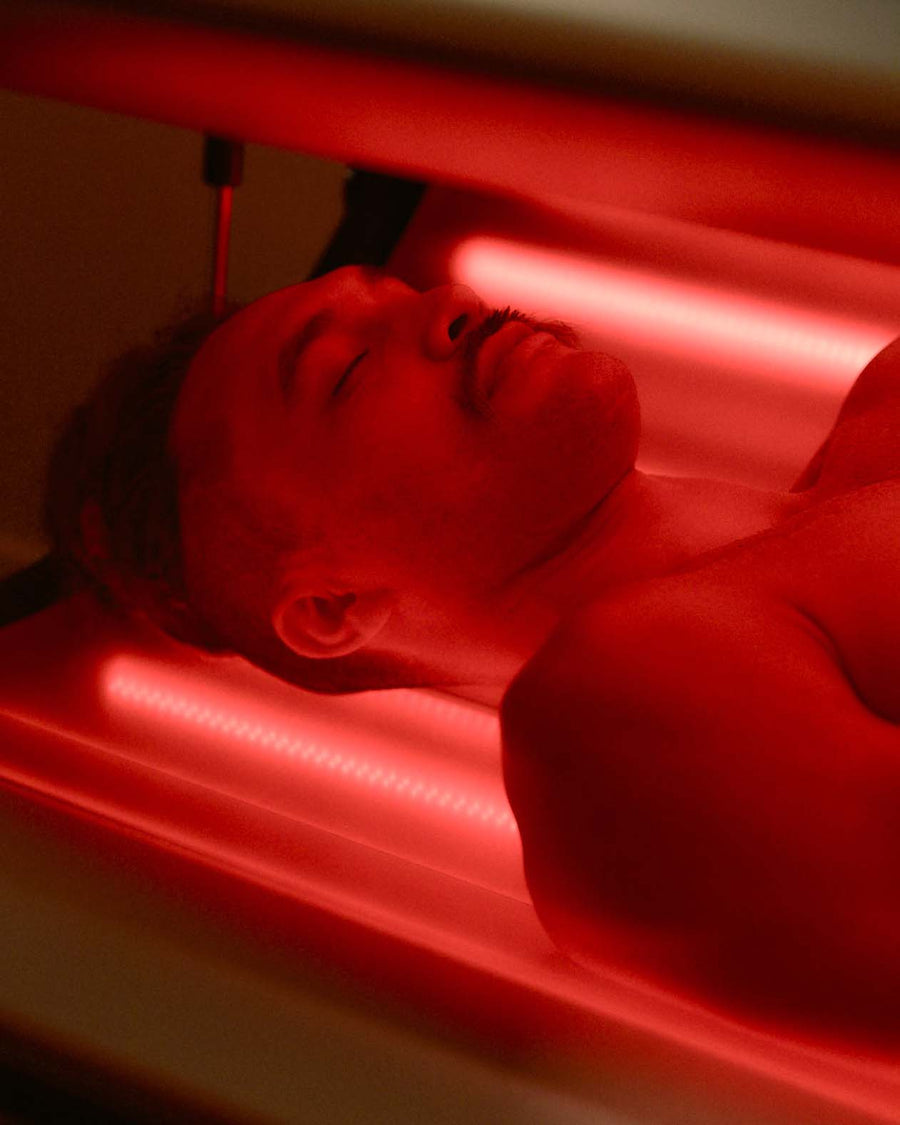We learned early on that our beautiful clients have equally beautiful minds – hungry for new knowledge on how to support and flourish a more holistic approach to their wellness. Take a browse through these interesting short articles; they’re bite-sized stories designed to inform, inspire and grow your knowledge.

The History of Saunas
11 mins

Where Toxins Hide
8 mins

Toxin Binders: Powerful Detox Booster
9 mins

PBM Red Light Therapy & Energy Production
4 mins

Our Mighty Mitochondria
8 mins

Unlock Your Libido Potential
5 Mins

The Lymphatic System
5 mins

6 Natural Ways to Boost Your Immunity
7 mins

A Journey of Health with Sara Higgins
7 mins

How to Improve Your Sleep
10 mins

The Two Sides of Stress - Why We Don’t Need to Fight or Fly
10 mins






